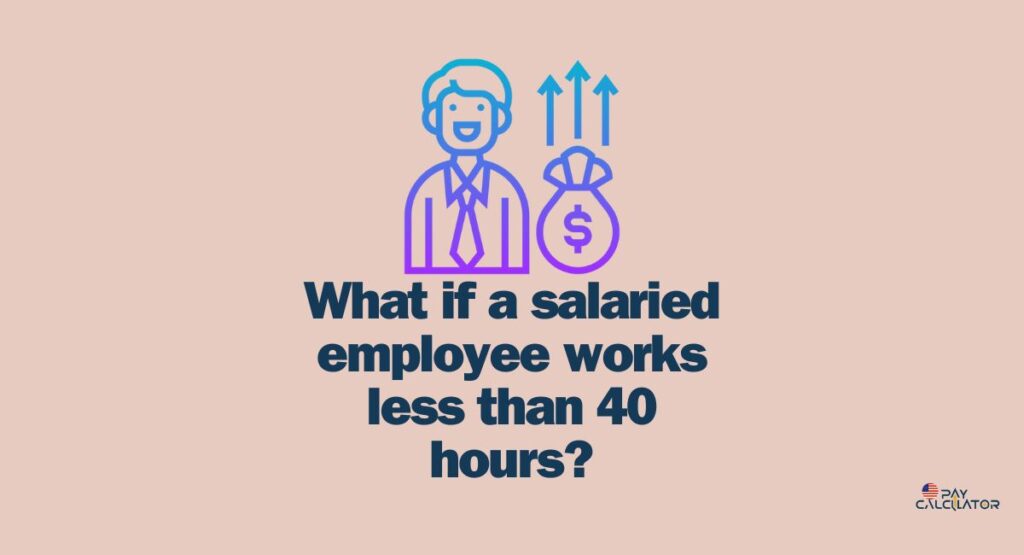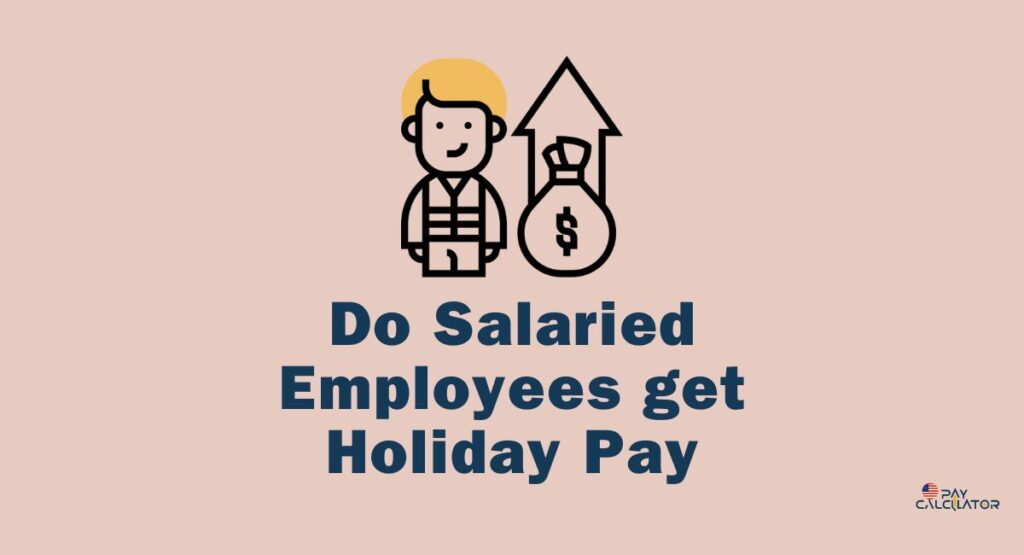
We are going to discuss salary and hourly pay, benefits, disadvantages, and uses. During hiring an employee, you have to make many decisions. The major decision is to offer them a salaried or hourly position. Lets have a look on the pros and cons to both options. Keep knowledge about both so that you can make better decisions. Before starting, you also need to know about how to calculate salary from hourly pay.
What is a salaried employee?
Those employees who get their income based on an annual salary they agreed with the employer or company owner are known as a salaried employee. The pay of employees is rooted on a 40 hour work per week. But, if they work more or less than 40 hours in a certain week, they will still get paid the same amount. Due to this reason, salaried workers are not allowed for overtime pay.
Advantages of salaried employees
There are some advantages of salaried employees. As we know that salaried workers are paid the same rate, if they work overtime that is more than 40 hours in a week, you will not need to pay them extra. This gives the employees pliancy in hours, which can proved to be beneficial in businesses during busy times when they need in difficult times.
Hiring salaried employees will also make your payment much easier to give, as there is not much change in pay. Elegant salary implies less labor to calculate accounts and finance.
Disadvantages of salaried employees
There are some disadvantages of salaried employees too. As salaried workers have a fixed salary, like they get the same salary after doing overtime, there is a chance also that they’ll work less than 40 hours in some weeks and hence they get the same salary. Also if they don’t come and go, at the same time each day, they can come in late or leave early. But, most often salaried workers are high-grade employees who understand the needs of the company and wouldn’t do such things.
You should also keep your eye on the quantity and quality of work that upper grade employees fulfill in the time they provide your company, in place of just spending the number of hours in their seat.
Check our previously published article on How to Ask for Your Desired Salary?
What jobs are salaried?
Salaried jobs generally present in every field and industry, and most of the handling and management jobs or jobs with duties of supervision are salaried. Below some of the most common salaried jobs are mentioned. Lets have a look:
- Teacher
- Professor
- Librarian
- Civil engineer
- Accountant
- Restaurant manager
- Pharmaceutical researcher
- Financial analyst
- Lawyer
- Doctor
What is an hourly employee?
A labor or employee who is getting paid a certain rate of money per hour of work is known as an hourly Employees are getting paid for the number of hours they work and there is a fixed rate for paying in hourly wage.
Advantages of hourly employees
It is not necessary to make an hourly worker a full-time employee, which can counterbalance the costs of profits including health insurance, paid time and employee retirement plans too.
Moreover, you can provide for a steady number of hourly workers to make sure you have the pliability you need to cover your operations. This is essential in businesses that go through busy seasons or that want to go with a backup option in case permanent employees are unavailable or busy in other important works.
Disadvantages of hourly employees
With some advantages, there are few disadvantages of hourly employees.
If an hourly worker does work more than 40 hours in any certain week, then you have to pay them overtime wages, which can become more costly if the work needs a lot of overtime. In most states, the rate of overtime is 1.5 times of the worker’s normal hourly wage, commonly called “time and a half.”
You also need to track and keep your eye on the hourly workers’ work hours, which can prove to be hard sometimes, as if their work hours are not compatible. Recordkeeping becomes even more important with hourly workers.
What jobs pay hourly?
Many workers who have labor-intensive jobs or have service-based jobs get hourly income due to certain federal and state laws. Below some of the most common hourly jobs are mentioned. Let’s have a look:
- Construction workers
- Waiters and bartenders
- Retail sales employees
- Medical professionals
- Repair and maintenance workers
- Automotive service workers
- Aircraft maintenance technicians
Frequently asked questions
Yes, we can switch an hourly worker to a salaried one, as well as salaried one to hourly worker. However, it’s important to know the rules and regulations associated with doing so before you make the change.
There is no satisfactory answer present while deciding whether your employees should be salaried or hourly. The basic difference is that for your needs, you have to decide with respect to the type of work.
Conclusion
In summing up the entire discussion we can say that switching an employee to hourly from salaried is not recommended unless you have no other option. It totally depends on the requirements of particular work. Both salary and hourly have their own pros and cons. If there is less work present in the company then you can change your salaried employee to an hourly one. Beside this you also need to know about how do you calculate salary pay.





